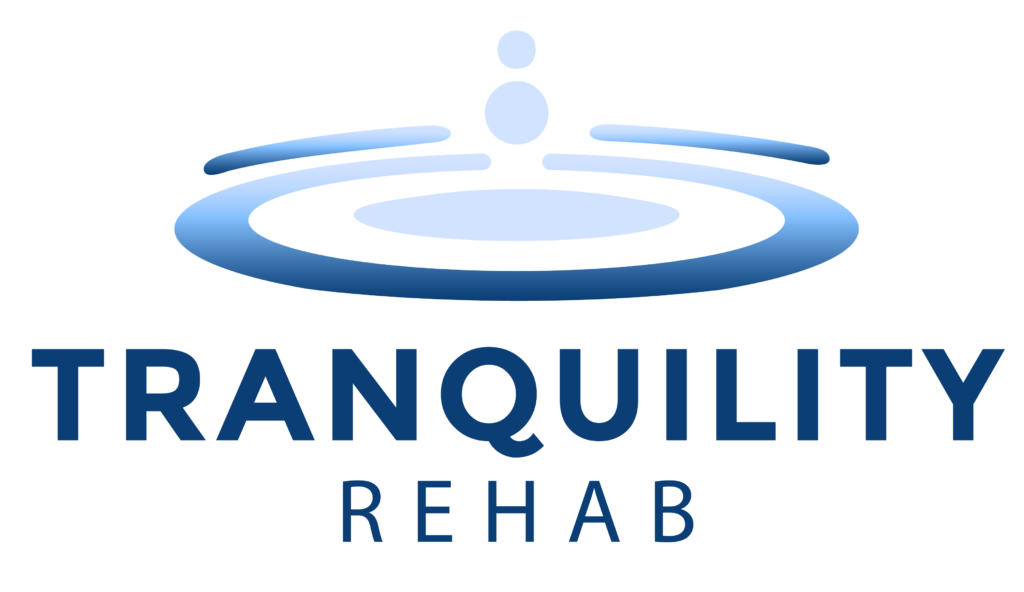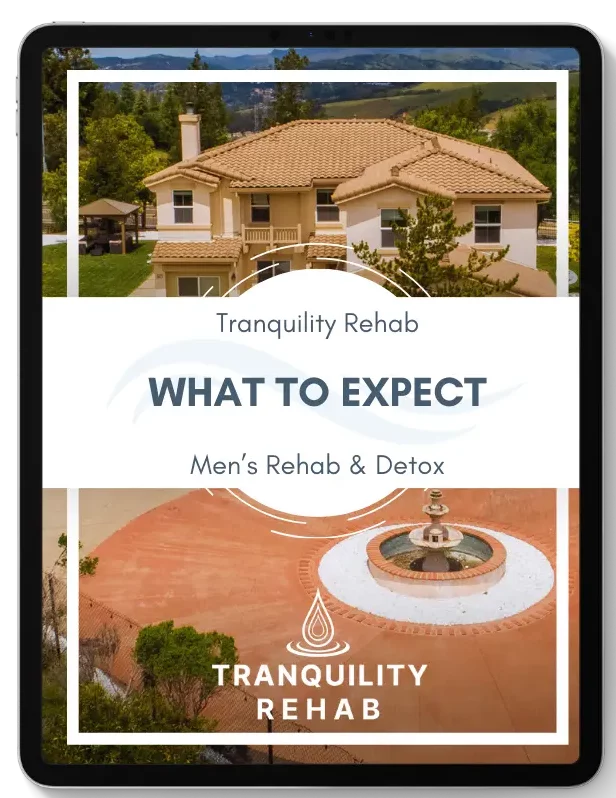Addiction is a complex disease that can have significant physical, emotional, and psychological effects on individuals. Often, addiction and mental health are intertwined, and individuals struggling with addiction may also be dealing with mental health disorders such as anxiety, depression, or trauma. This blog will discuss the connection between addiction and mental health and why understanding this link is critical to effective treatment and long-term recovery.
Dual Diagnosis: Addiction and Mental Health Disorders
Many individuals struggling with addiction also have underlying mental health disorders. This co-occurring condition is known as dual diagnosis, which means that an individual is dealing with addiction and mental health disorders. According to the National Institute on Drug Abuse (NIDA), approximately 50% of individualswith substance use disorders also have a co-occurring mental health disorders.
Some common mental health disorders associated with addiction include anxiety disorders, mood disorders such as depression or bipolar disorder, post-traumatic stress disorder (PTSD), and personality disorders. Substance use can exacerbate the symptoms of these disorders, which can also contribute to the development of addiction.
The Impact of Addiction on Mental Health
Addiction can significantly impact mental health, exacerbating or contributing to the development of mental health disorders. Substance use can affect the levels of neurotransmitters in the brain, which can contribute to mood disorders such as depression or anxiety. Additionally, addiction can also cause physical changes in the brain, affecting decision-making, impulse control, and other executive functions.
In addition to the physical effects, addiction can also have significant emotional and psychological impacts. Individuals struggling with addiction may experience feelings of shame, guilt, and self-blame. They may also work with low self-esteem, difficulty regulating emotions, and other mental health issues that can contribute to substance use.
The Role of Mental Health Disorders in Addiction
Mental health disorders can also play a significant role in the development of addiction. Individuals with mental health disorders may use substances to self-medicate or alleviate the symptoms of their disorder. For example, individuals with anxiety disorders may use drugs or alcohol to alleviate feelings of anxiety, while those with depression may use substances to alleviate feelings of sadness or hopelessness.
Furthermore, some mental health disorders can increase the risk of addiction. For example, individuals with bipolar disorder or borderline personality disorder may be more likely to engage in impulsive behavior, including substance use. Additionally, individuals with a history of trauma or PTSD may turn to substances to cope with the distressing memories and emotions associated with their experiences.
The Importance of Integrated Treatment
Given the complex connection between addiction and mental health, it is essential to take an integrated treatment approach that simultaneously addresses both issues. Integrated treatment involves addressing both addiction and mental health disorders in a coordinated and comprehensive manner. This approach can improve treatment outcomes and promote long-term recovery.
Integrated treatment may involve a combination of cognitive-behavioral therapy (CBT), medication-assisted treatment (MAT), and other evidence-based practices. Additionally, it may include addressing other underlying issues, such as trauma or relationship problems, that may contribute to addiction or mental health disorders.
Breaking the Stigma of Addiction and Mental Health
One of the biggest challenges in addressing addiction and mental health is the stigma associated with these issues. Society often believes that addiction is a moral failing or a lack of willpower and mental health disorders are a sign of weakness or instability. These beliefs can prevent individuals from seeking treatment and contribute to feelings of shame and isolation.
It is essential to break down the stigma associated with addiction and mental health and promote a more compassionate and understanding approach to these issues. This involves recognizing that addiction and mental health disorders are medical conditions that require treatment and support, rather than judgment and condemnation.
Support for Individuals with Dual Diagnosis
Individuals with dual diagnosis often face unique challenges in their recovery journey. These challenges can include managing addiction and mental health symptoms, addressing the underlying issues contributing to these conditions, and navigating the complex healthcare system. Support groups and peer support programs can be valuable resources for individuals with dual diagnosis, providing a sense of community, accountability, and access to resources and tools.
At Opus Health, we offer support groups and other resources designed to support individuals with dual diagnosis. Our programs are led by experienced professionals who understand the unique challenges of addiction and mental health and can provide guidance and support on the path to recovery.
Addressing Addiction and Mental Health Together
Addiction and mental health are closely intertwined, and understanding the connection between these issues is critical to effective treatment and long-term recovery. Integrated treatment programs that address both addiction and mental health disorders can improve treatment outcomes and promote lasting recovery. By breaking down the stigma associated with addiction and mental health and providing support and resources for individuals with dual diagnosis, we can help more people achieve and maintain sobriety and mental wellness.
Seeking Integrated Treatment for Addiction and Mental Health
Addiction and mental health are closely intertwined, and effective treatment requires addressing both issues simultaneously. At Silicon Valley Recovery Health, we offer integrated treatment programs designed to meet the unique needs of individuals with dual diagnoses. Our comprehensive approach includes evidence-based therapies, medication-assisted treatment, and other resources to support long-term recovery.
If you or a loved one are struggling with addiction and mental health issues, don’t wait to seek help. Contact us today to learn more about our programs and how we can help guide you on the path to recovery.


